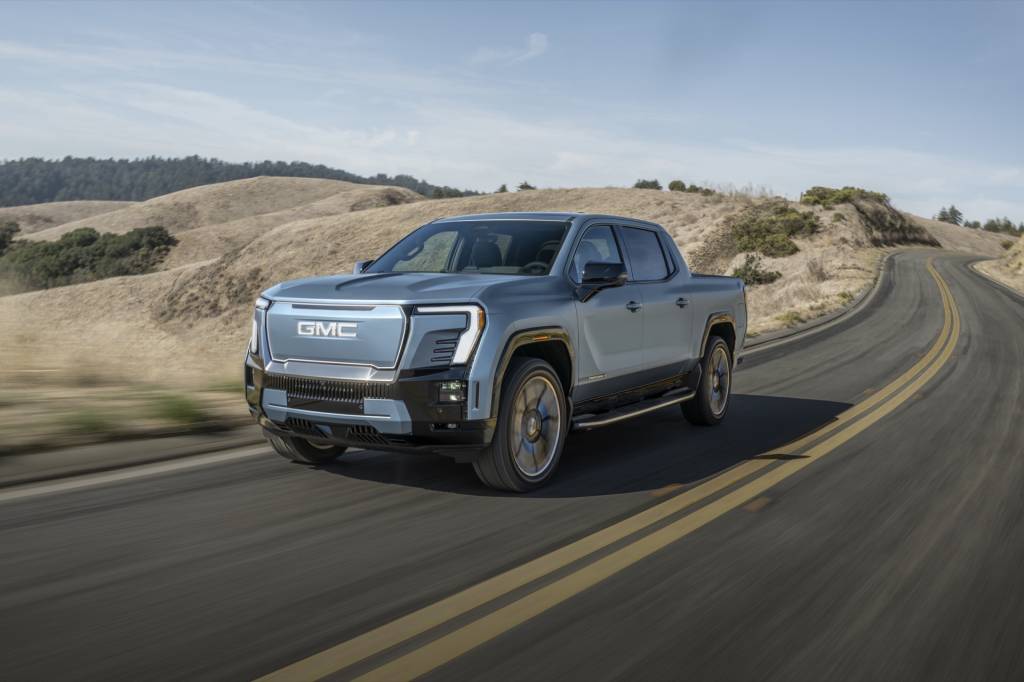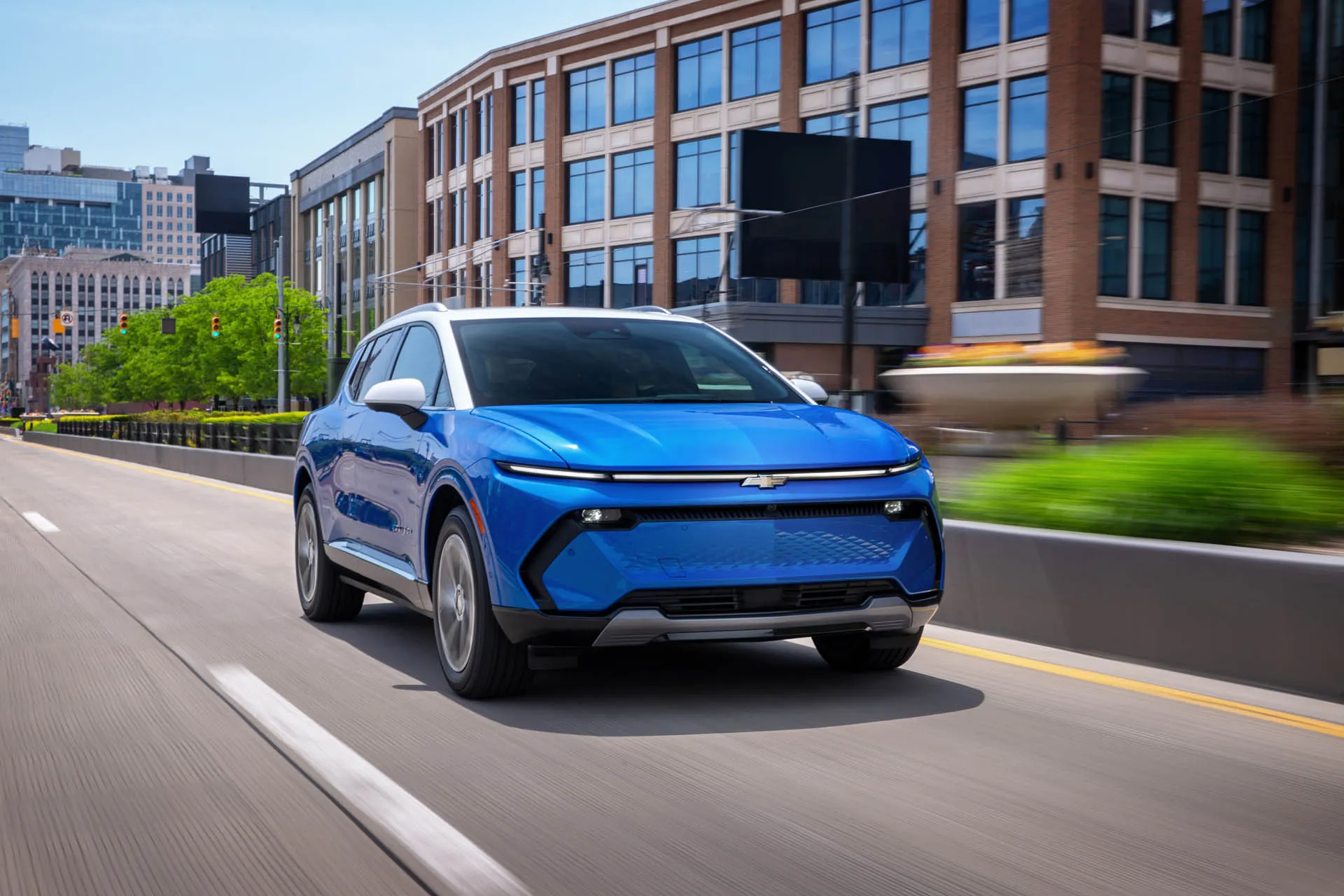General Motors on Wednesday signed a multi-year agreement with Norway’s Vianode for supply of synthetic graphite anode material for electric vehicle batteries.
The deal runs from 2027, when Vianode expects to begin producing synthetic graphite at a new North American plant, to 2033, according the companies. The material will be used in battery cells manufactured by the Ultium Cells LLC joint venture between GM and battery supplier LG Energy Solution.
2026 Cadillac Vistiq
China controls 95% of the global graphite supply, which has left Western automakers and governments looking to cultivate looking sources of the material, which has become more important for EV battery production, Reuters noted. China has also been designated by the federal government as a Foreign Entity of Concern, meaning vehicles with battery materials sourced from there don’t qualify for a tax credit.
Vianode claims its new plant will be “IRA compliant,” meaning battery materials produced there shouldn’t interfere with qualification for the federal EV tax credit under current rules, defined by the Inflation Reduction Act, that specify North American sourcing of critical minerals. That’s assuming the tax credit isn’t killed off by the incoming Trump administration.

2025 GMC Sierra EV Denali
The plant will be located in either the U.S. or Canada, but a specific site has not been finalized, Vianode CEO Burkhard Straube said in an interview with Reuters. In its first planned phase, the plant is expected to produce 80,000 tons of synthetic graphite by 2030, enough to supply 1.5 million EVs. Vianode claims its manufacturing process comes with a 90% smaller carbon footprint than conventional methods.
GM made two other noteworthy changes to its battery plans last month. The automaker said it would sell its stake in the Ultium Cells LLC Michigan plant—one of three currently in operation—to LG, while simultaneously announcing plans to extend a technical partnership with that company to include prismatic cells. GM has for the moment standardized its EV hardware around pouch cells, but CEO Mary Barra said in 2023 that the automaker was flexible on battery-cell format.
Read the full article here




